DHS Fellows at Obafemi Awolowo University Strengthen Capacity of Nigerian Researchers
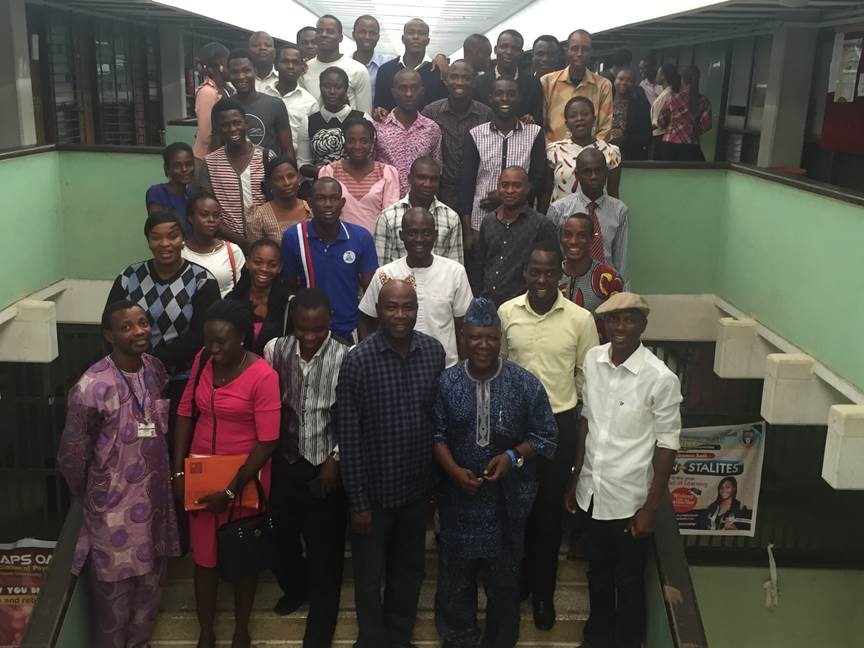
Participants at the July 2016 DHS data analysis workshop by OAU Fellows
The DHS Fellows Program aims not only to build individual capacity to conduct research with DHS data but also to strengthen the institutional capacity of universities in Africa. Over the years, DHS Fellows have implemented their own capacity strengthening activities in various forms at their home universities and have contributed to the increased use of DHS data in academia in Africa. DHS Fellows from Obafemi Awolowo University (OAU) in Nigeria have been particularly successful in building their home university’s capacity to use DHS data and expanding activities outside of OAU, continuing them for years even after the conclusion of their fellowship.
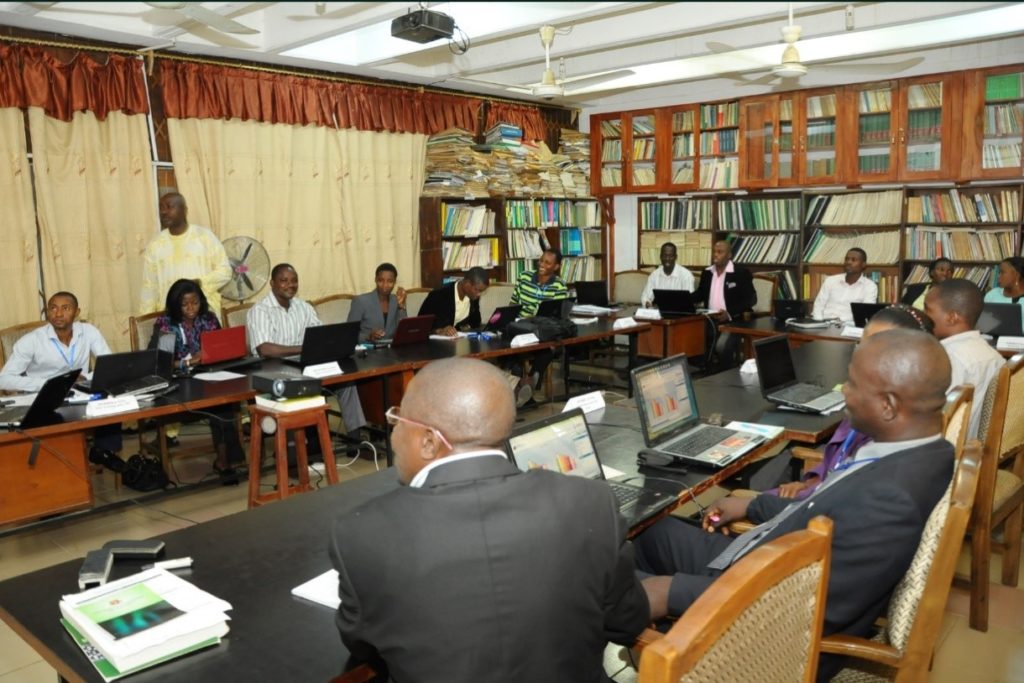
Participants at the July, 2013 DHS data analysis workshop by OAU Fellows
As early as 2010, OAU started introducing DHS data in a departmental seminar series for staff and postgraduate students, initiated by a 2010 DHS Fellow and the head of the Department of Demography and Social Statistics at the time, Dr. Samson O. Bamiwuye. When three more faculty members – Drs. Akinlo, Bisiriyu, and Esimai – joined the Fellows program in 2012, they were able to scale-up activities to host their first DHS data analysis workshop for OAU faculty. Meanwhile, with the support of Professor Peter Ogunjuyigbe, another head of the Department of Demography, the Fellows successfully integrated the use of DHS data into undergraduate and postgraduate curricula. DHS data use in final year projects was recommended for all undergraduate students in the department.
Through 2014, the team – joined by Dr. Akinyemi, another 2010 DHS Fellow– continued to host trainings to teach participants how to appropriately analyze DHS data. Moreover, they expanded their reach to participants from other universities and non-academic research institutions across Nigeria. They also experimented with charging a small fee to cover production of teaching materials and other logistical costs, which encouraged participants to make full use of workshop time. Given their expertise in DHS data use, Fellows have also been invited by other organizations to train staff on DHS data. For example, Dr. Akinolo was invited to facilitate a data analysis workshop at the National Population Commission.
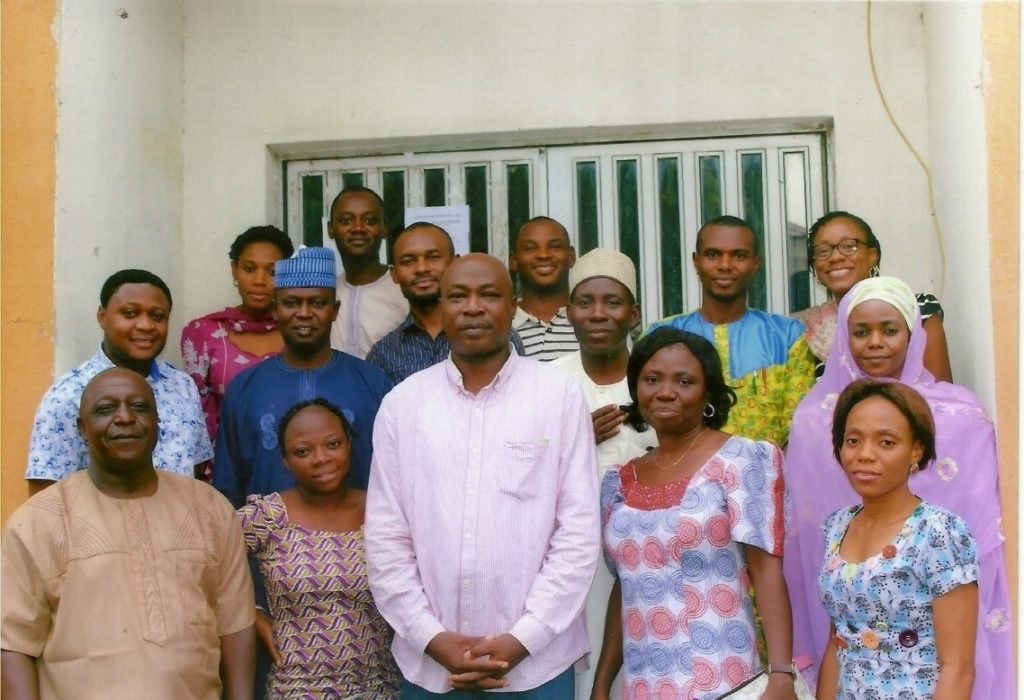
Participants at the Further Analysis of DHS capacity building workshop at the National Population Commission, Abuja, Nigeria, 2016
In 2016, another three members from the OAU Department of Demography and Social Statistics – Drs. Asa, Titilayo, and Kupoluyi – were selected to participate in the Fellows Program. The 2016 team worked with former Fellows and continued the Nigerian capacity strengthening activities. Two more workshops were organized that included OAU faculty as well as participants from Federal University in Oye-Ekiti, Bowen University, Iwo, University of Ibadan, National Bureau of Statistics, Academy for Health Development, OAU Health Centre, and Research & Marketing Services. These workshops aimed to raise the awareness of DHS data, teach participants how to use STATA software and DHS datasets to conduct research, and encourage collaboration and multidisciplinary approaches in research. Feedback from the workshop participants indicates the team’s success in achieving these aims:
“This workshop is the first of its kind where we were given the opportunity to undergo intensive training on the use of DHS datasets in STATA. The workshop improved my level of interpretation of results and capacity in assisting students in their use of statistical software and analysis.”
“The use of STATA in analyzing DHS data has enabled me to carry out trend analysis of various factors in the NDHS data which I have used in write-ups for further career development.”
“After the training workshop, I have been able to maximize my new skills to consolidate and conceptualize my research ideas using a DHS dataset. A one-year post-training plan was thereafter developed and efforts are being made to ensure that I meet the set targets.”
All DHS Fellows from OAU, also known as “Team Nigeria,” embody commitment and hard work, going beyond the objective of The DHS Fellows Program to strengthen institutional capacity. Between 2012 and 2016, Team Nigeria has trained over 100 participants from a variety of universities and organizations in Nigeria. Their ultimate (and likely attainable) goal is to become the training center for complex data analysis in the region.
Interested in applying to the 2017 DHS Fellows Program? We are accepting applications until December 2 2016. Learn more>>
Thank you to Drs. Asa, Kupoluyi, and Titilayo, who contributed to this blog post.
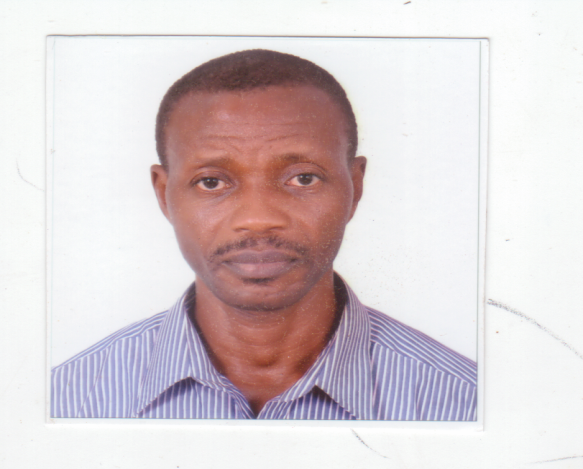 Dr. Sola ASA is a Demographer and a Biostatistician. Sola teaches at the Department of Demography and Social Statistics, Faculty of Social Sciences, Obafemi Awolowo University, Ile-Ife, Nigeria as a Senior Lecturer. His main research interests include maternal and child health, reproductive health, survey methodology and statistical techniques. His research has been published locally and internationally.
Dr. Sola ASA is a Demographer and a Biostatistician. Sola teaches at the Department of Demography and Social Statistics, Faculty of Social Sciences, Obafemi Awolowo University, Ile-Ife, Nigeria as a Senior Lecturer. His main research interests include maternal and child health, reproductive health, survey methodology and statistical techniques. His research has been published locally and internationally.
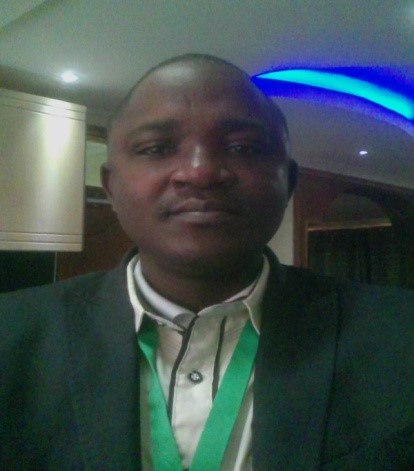 Dr. Joseph Ayodeji KUPOLUYI is a Lecturer at the ObafemiAwolowo University (OAU), Ile-Ife, Nigeria. He lectures in the Department of Demography and Social Statistics. He holds degrees in Demography and Social Statistics. His areas of interest are in maternal and child Health, family planning, and reproductive health issues.
Dr. Joseph Ayodeji KUPOLUYI is a Lecturer at the ObafemiAwolowo University (OAU), Ile-Ife, Nigeria. He lectures in the Department of Demography and Social Statistics. He holds degrees in Demography and Social Statistics. His areas of interest are in maternal and child Health, family planning, and reproductive health issues.
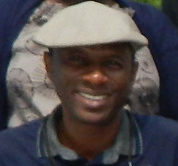 Dr. Ayotunde TITILAYO holds a Ph.D. in Demography and Social Statistics. He is a faculty member of the Department of Demography and Social Statistics of Obafemi Awolowo University, Ile-Ife, Nigeria. His research and publication interests span across maternal and child health, gender-based domestic violence, and reproductive health matters. He also teaches social research methodology courses.
Dr. Ayotunde TITILAYO holds a Ph.D. in Demography and Social Statistics. He is a faculty member of the Department of Demography and Social Statistics of Obafemi Awolowo University, Ile-Ife, Nigeria. His research and publication interests span across maternal and child health, gender-based domestic violence, and reproductive health matters. He also teaches social research methodology courses.


Hi, is there any DHS data of childhood obesity in America, or DHS data is Only available about low and middle countries thanks.
That’s right, The DHS Program focuses on collecting, analyzing, and disseminating accurate and representative data in low- and middle-income countries. The DHS Program is funded by USAID which supports international programs, so The DHS Program does not have data for the United States of America.